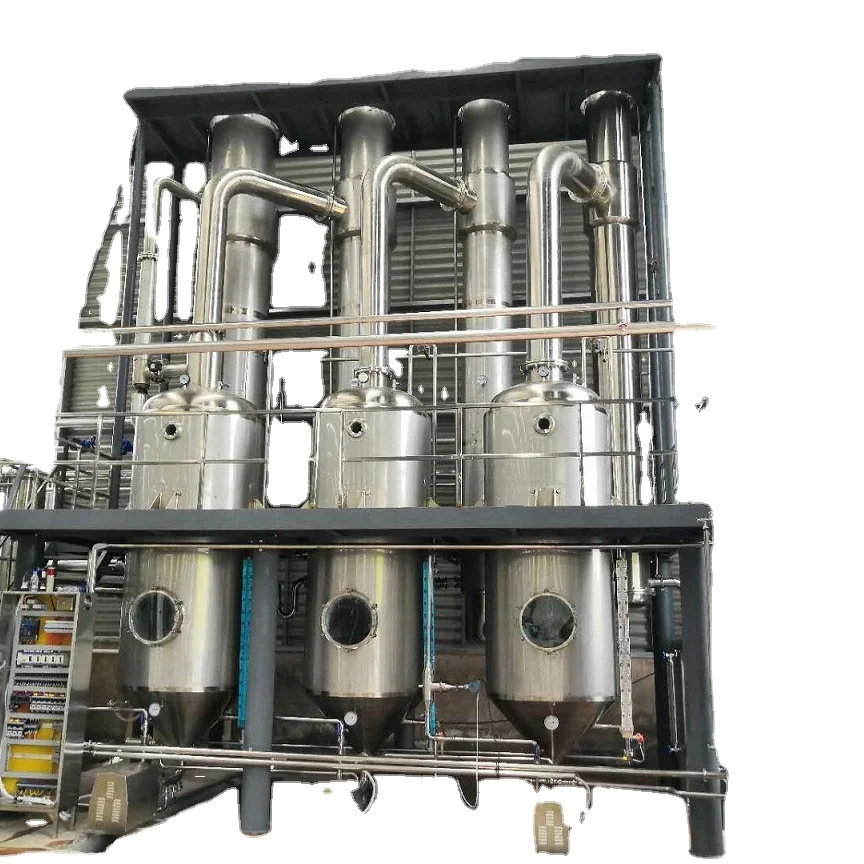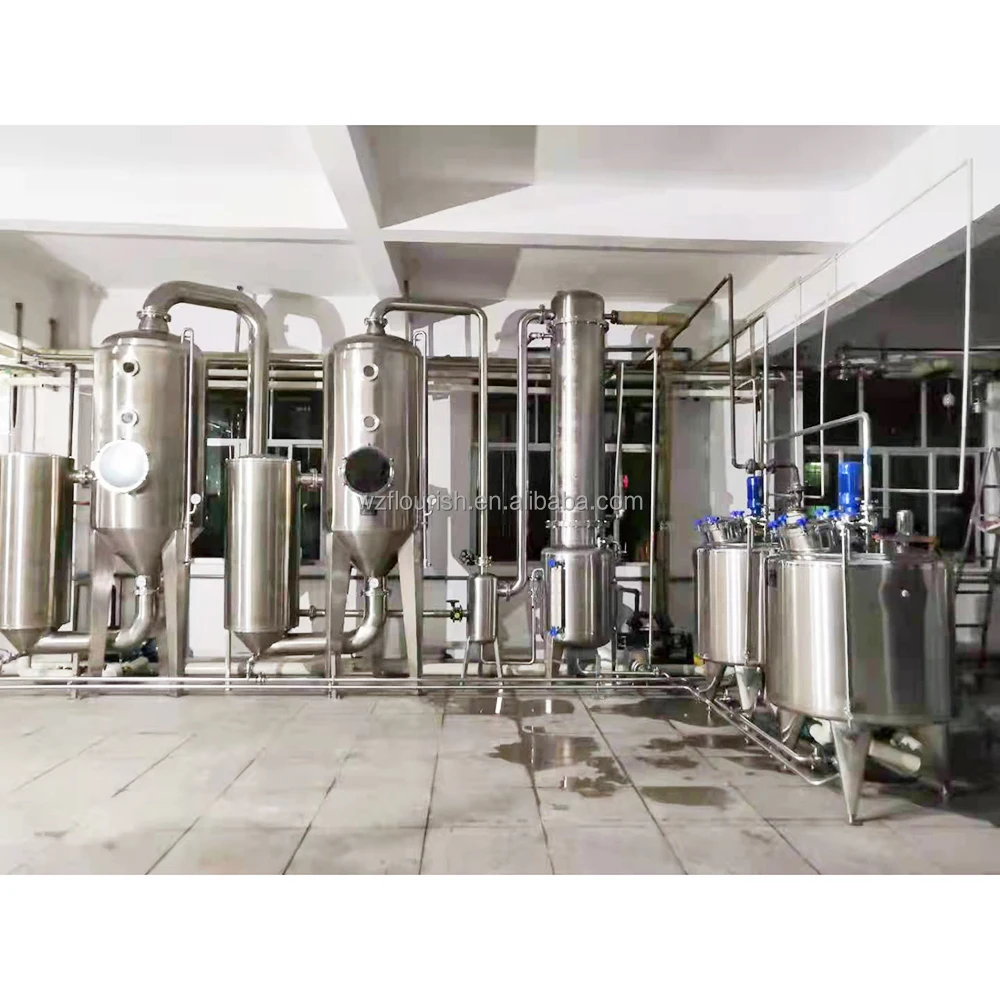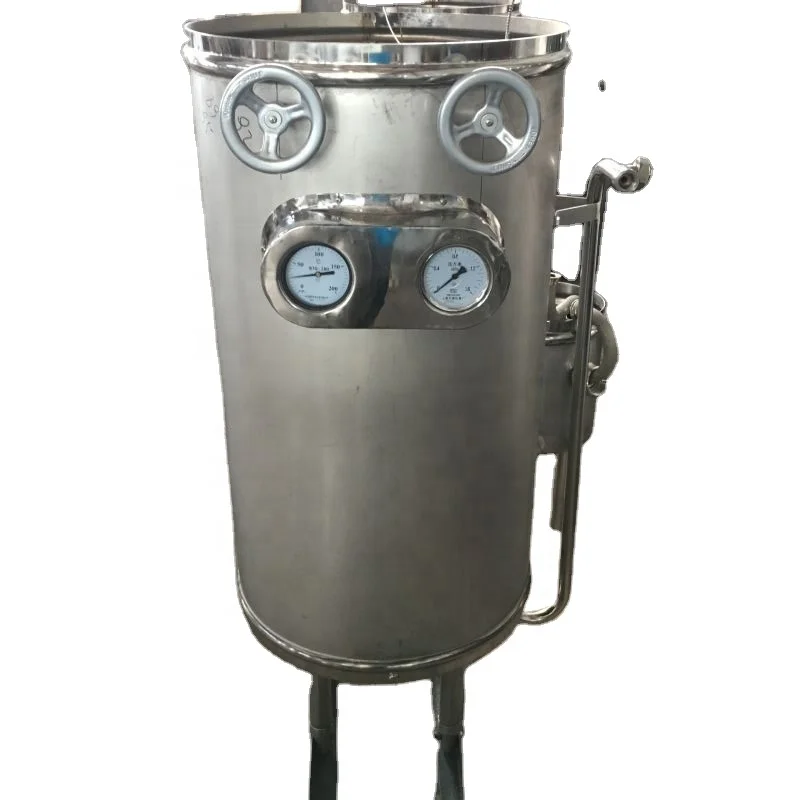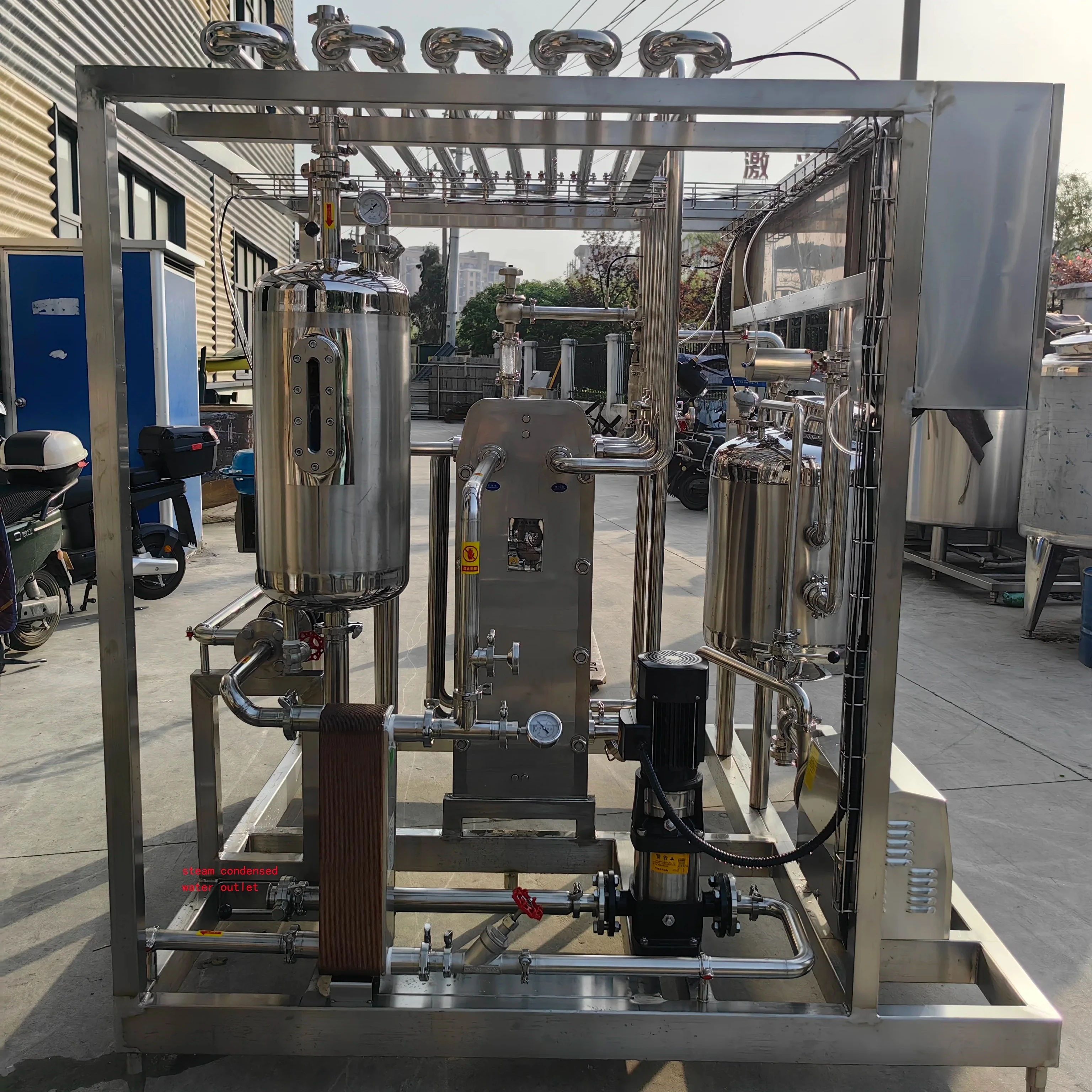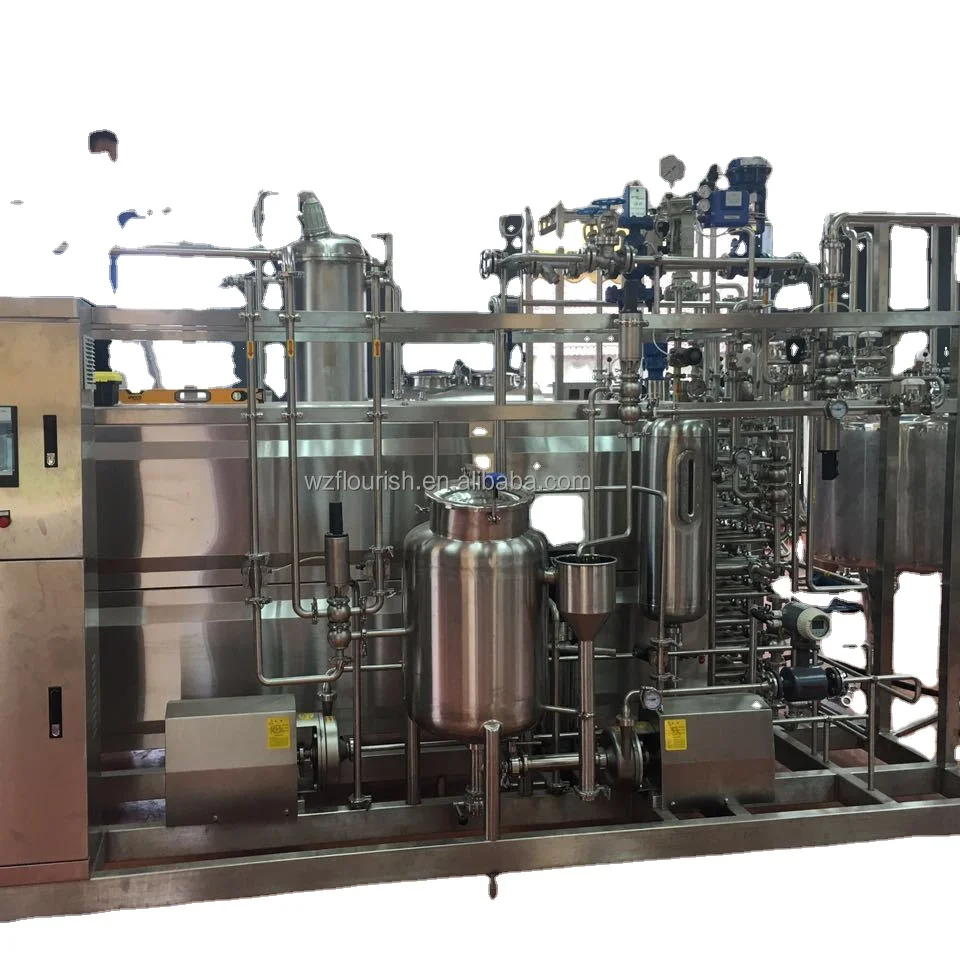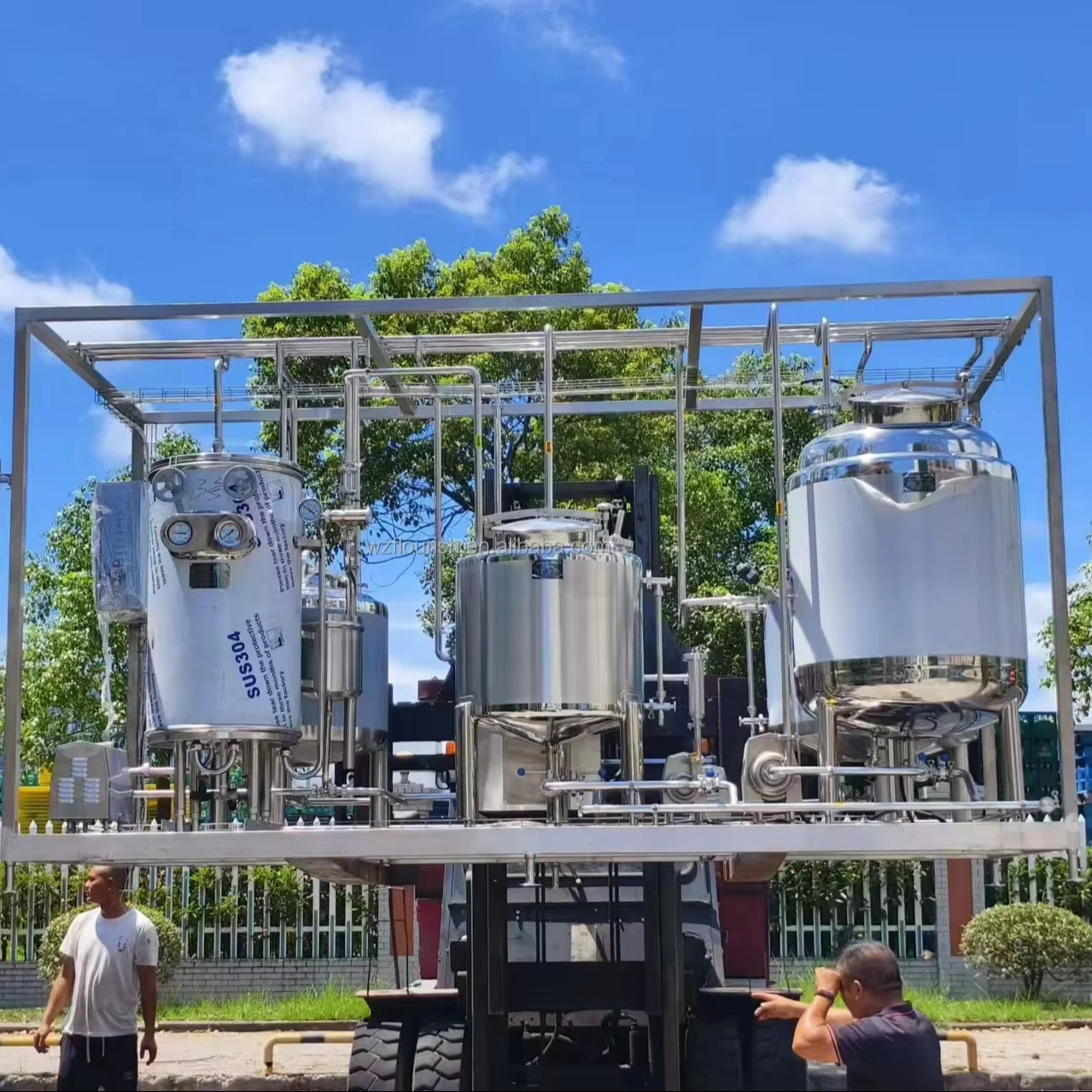ABOUT
Wenzhou Vince Machinery Science Co., Ltd. was established in early 1980s. Our company covers an area of 6500 square meters and is an independent legal representative firm, possessing rich economic technology strength. Our company is a high tech enterprise and plays an important role in national dairy, foodstuff, pharmacy and machinery industries. We are a beverage machinery supplier.
Since the establishment, our company has mainly engaged in dairy products, foodstuff, beverage machinery, bean products, yellow wine, medicines and fermentation projects. What's more, our company supplies a complete sequence services in manufacturing, installation, test and personnel train, as well as the whole direction service design and consulting service on product project construction or enlargement artistic distribution engineering sets budget.
PRODUCTS
Efficient Stainless Steel Tank Operation
Cleaning and Sanitization
Maintaining the cleanliness of stainless steel tanks is paramount. Regular cleaning prevents the buildup of residue, which can harbor bacteria, impact product quality, and corrode the tank's surface. The cleaning process should involve appropriate detergents, chosen based on the type of product previously stored, followed by thorough rinsing with potable water. High-pressure washing systems can be effective for removing stubborn deposits, but care must be taken to avoid damaging the tank's surface. The use of chlorine-based sanitizers is common in food and pharmaceutical applications, ensuring microbiological safety.
Frequency of cleaning depends on the nature of the stored product and regulatory requirements. For instance, tanks used for food processing might require daily cleaning and sanitation, while those used for less sensitive materials may require less frequent cleaning. Maintaining detailed cleaning logs is crucial for traceability and compliance with industry standards.
Inspection and Maintenance
Regular inspections are vital for identifying potential problems early on. This includes visual checks for dents, scratches, corrosion, and leaks. Regular inspection of welds and seams is particularly important as these are vulnerable areas. A planned preventive maintenance (PPM) schedule should be implemented, including periodic internal and external inspections. Any signs of damage should be addressed immediately to prevent further deterioration.
Beyond visual inspections, more thorough checks may involve non-destructive testing methods like ultrasonic testing to detect internal flaws or corrosion that might not be visible to the naked eye. This proactive approach can prevent catastrophic failures and extend the lifespan of the tanks significantly.
Temperature Control
Stainless steel tanks are often used for processes involving temperature variations. Efficient temperature control minimizes energy consumption and ensures product quality. This requires utilizing appropriate heating and cooling systems, ensuring even distribution of temperature throughout the tank to avoid hot spots or cold spots. Proper insulation plays a significant role in maintaining consistent temperatures, reducing energy loss, and preventing condensation.
Monitoring temperature using accurate sensors and controllers is crucial. This allows for precise control of the process parameters and ensures optimal product quality. Automated systems are often preferred for large-scale operations, allowing for efficient management and data logging.
Proper Filling and Emptying Procedures
Overfilling or rapid emptying can stress the tank structure, potentially leading to damage. Therefore, it is important to follow established filling and emptying procedures. These procedures should specify the appropriate filling rate to prevent sloshing and damage, and also consider the viscosity of the material being handled. Slow and controlled emptying is generally recommended to minimize stress on the tank and associated piping.
The use of level sensors and automated controls can help prevent overfilling and ensure efficient emptying. These systems provide real-time monitoring of the tank's fill level, preventing accidents and optimizing the process.
Operator Training
Proper training for operators is crucial for safe and efficient tank operation. This should include comprehensive instruction on cleaning and sanitation procedures, inspection techniques, maintenance protocols, and emergency response procedures. Regular refresher training reinforces safe practices and ensures that operators are aware of any changes in procedures or regulations.
Well-trained operators are essential for preventing accidents, reducing downtime, and ensuring the longevity of the stainless steel tanks. Investing in operator training is an investment in the overall efficiency and safety of the operation.
SUBSCRIBE
INQUIRY

